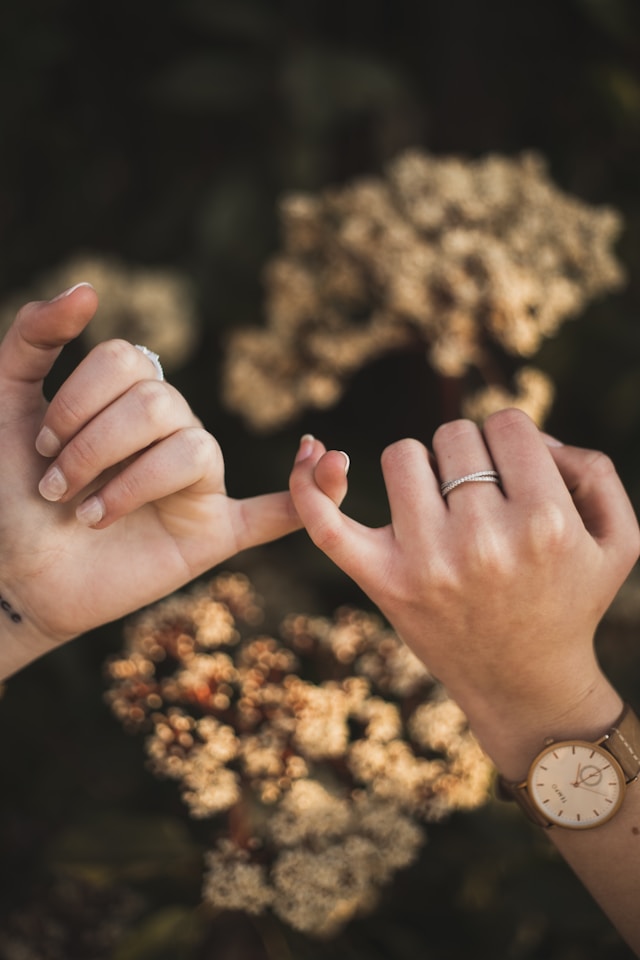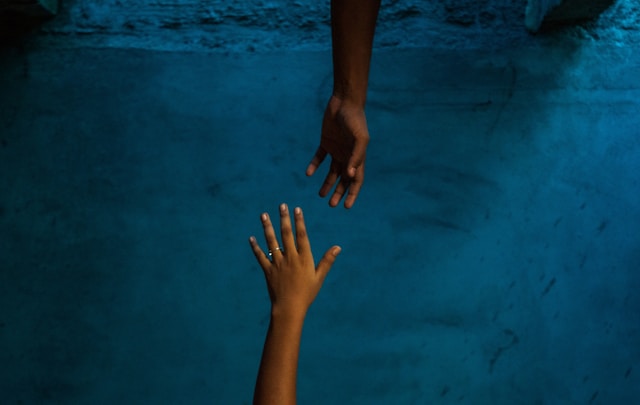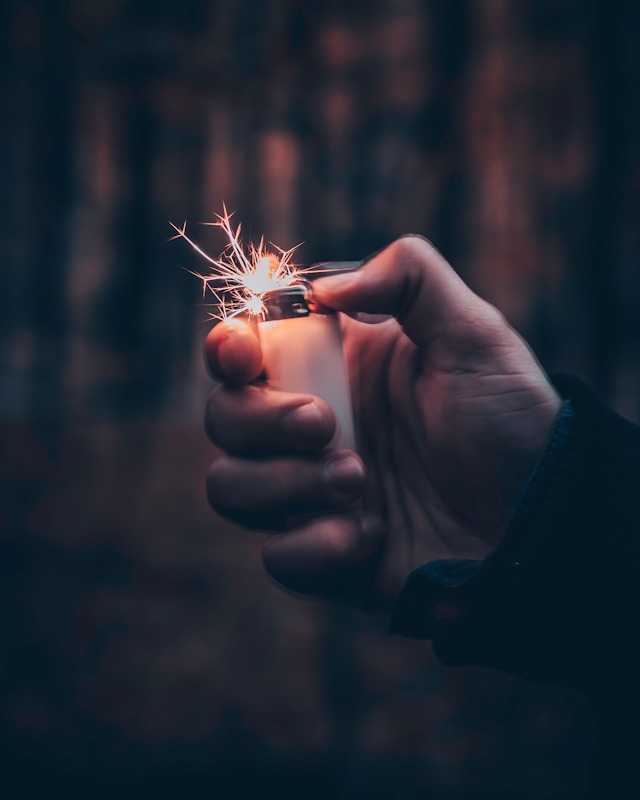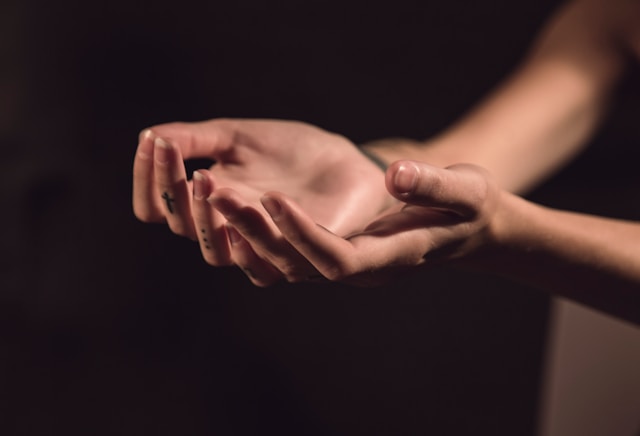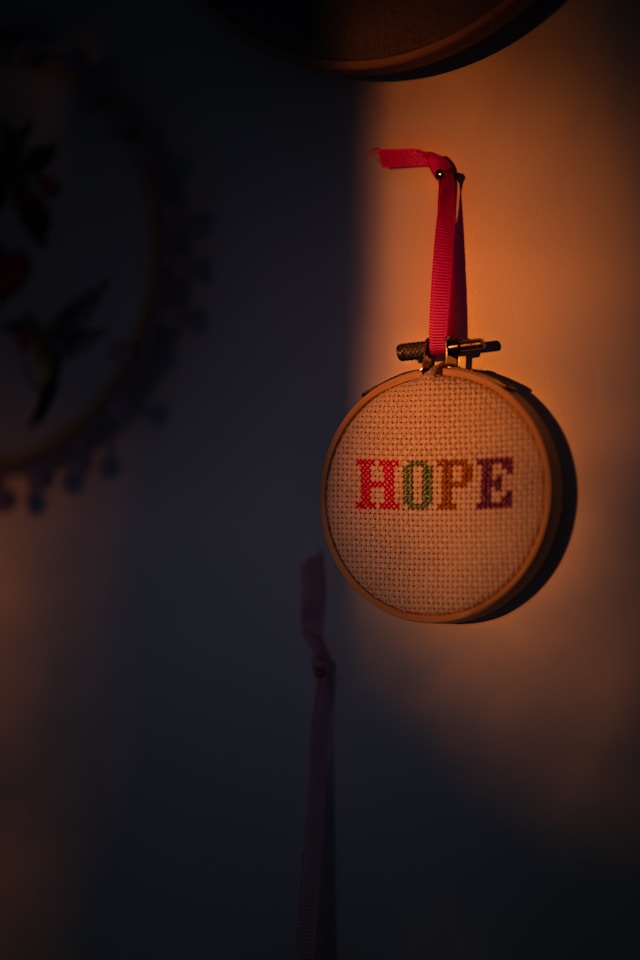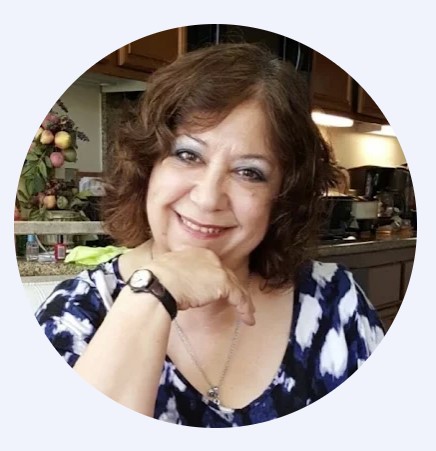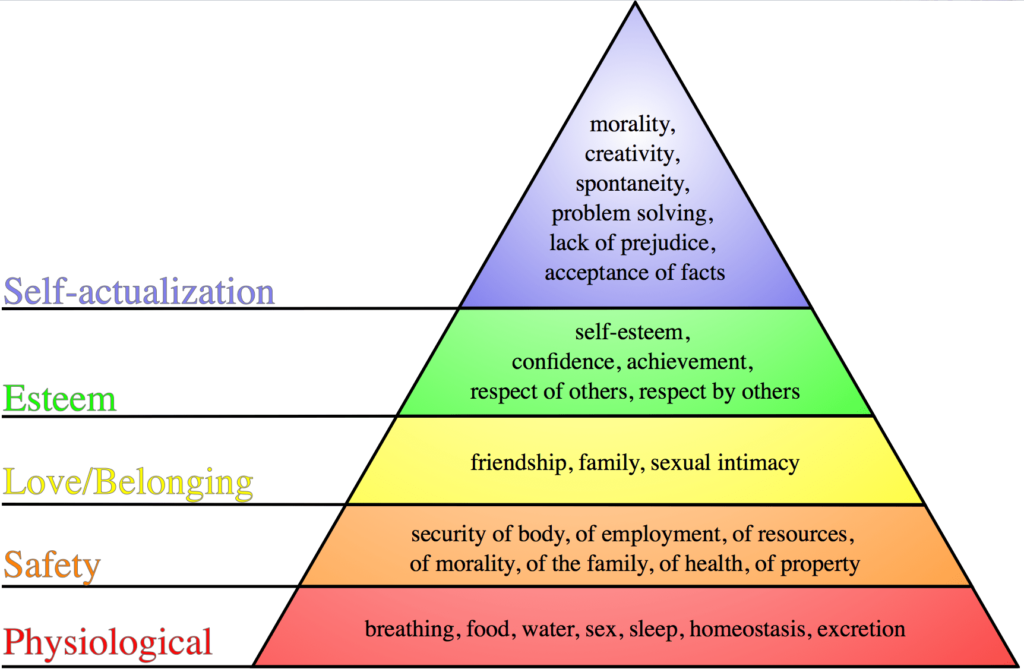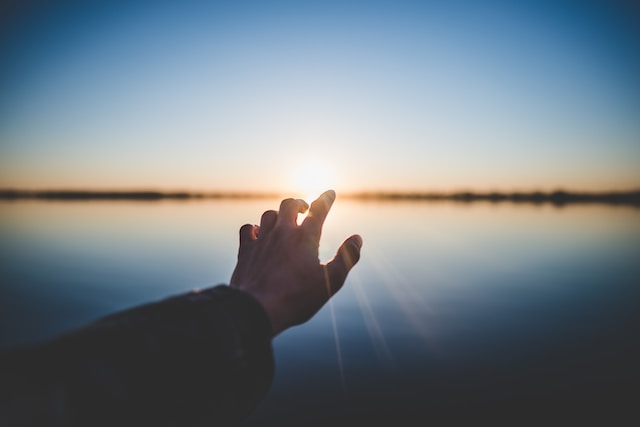I don’t know where I was 36 years ago today.
Well, most of us don’t know exactly where we were 36 years ago (if we were already on Earth, that is), but I’ve never known.
Let’s back up a little bit. On Saint Patrick’s Day of 1989, after surviving a serious suicide attempt, I had realized that getting out of life might not be an option for me – I might actually have to live. Ugh. I was not enamored of this idea.
If I was going to have to live, I couldn’t live like I was. Something had to change – and I couldn’t wait any longer for the world to be different. I needed to change my approach to things – an approach that had been fueled by alcohol. I had been trying to control my drinking for some time, but after Saint Patrick’s Day, I decided to quit.
I’d heard of AA, but felt I was too young to be an alcoholic – didn’t you have to drink for at least twenty years to become one? I wasn’t even twenty years old yet. I thought I’d keep it simple. You either drink, or you don’t. I was simply going to stop.
Mostly, anyway – because if I didn’t have blackouts, I thought it counted as not drinking.
I spent the next three months desperately trying to just sip a little bit, managing to control it enough so I avoided blackouts. In fact, I didn’t black out for 89 days.
And then I tripped over the proverbial shoelace. Actually, I dropped a microwaved dinner on the floor, and there were mashed potatoes and gravy on the carpet. I suppose a normal person would have said a few curse words, picked up the mess and gone on with their lives. I said a few curse words, kicked a hole in some furniture, left the mess and grabbed a bottle of gin. I was off and running all over again, in a blackout.
Only this time I didn’t wake up the next morning wondering what I’d done the night before. I stayed blackout drunk for two weeks. I remember one or two things over that period, but basically, I’d come out of the blackout just long enough to get back in it. Then, when someone told me it was the end of the month, I thought they were exaggerating. Surely only a couple of days had gone by.
It was indeed the end of the month.
Sometime later I found a used, disposable camera in my room, and had the film developed. It seems that during that long blackout I traveled somewhere. There I was, in surroundings I didn’t recognize, with the dates stamped from that time period. To this day, I don’t know where I went.
Thirty-six years ago I was in the last blackout I’d have before finding real recovery. I eventually asked for help, and took suggestions that were contrary to my nature. Since accepting help, I haven’t had even a sip.
Boy, I have been tempted. There were days – almost every day in the beginning – when I really wanted to drink. But I didn’t, and today that desire is gone.
I thought not drinking would fix everything, but of course it did not. However, being sober gave me a foundation for making further change. I couldn’t have done the work my mental health has required if it weren’t for the lessons I’ve learned in my substance use recovery.
The most important tool is that I don’t have to do it all by myself – it’s OK and even imperative that I ask for help. Mind you, my inherent nature is to tackle things stubbornly myself, but I’ve learned that I’m not God. I’m not perfect or all-knowing, and certainly not all-able. When I accept help, I can achieve more of my goals. I accepted help for my alcoholism and was able to get sober. I accepted medication and therapy for my depression and PTSD, and was able to be more functional in society.
Success for me is not about being strong or smart. It’s a direct result of connectedness, to people, and to the Universe at large. I still have to do the work, but I don’t do it alone.
I may not remember much from that last blackout, but I do remember that it turned me in a new direction. I’m grateful for everyone that has helped me along in my recovery journey.

